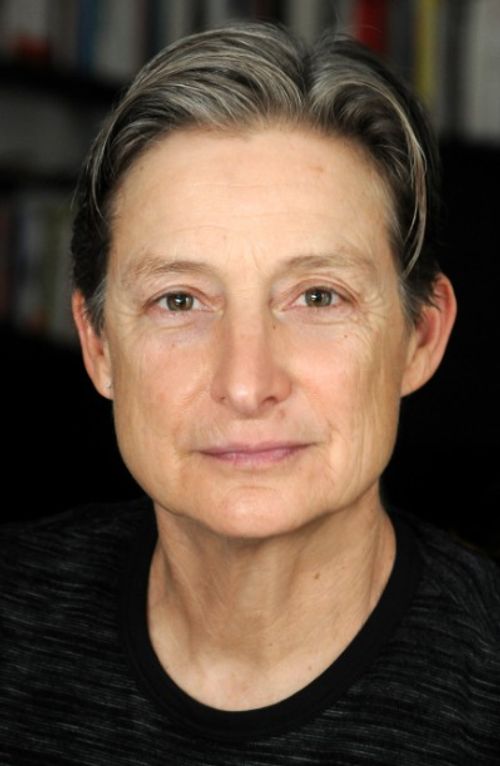Gender Trouble: Judith Butler’s seminal work in 40 points
Jun 23, 2023 · 13 mins read
0
Share

The problem with feminism
Feminism is one of the great movements of the last 150 years, but to some philosophers it became part of the establishment and now aggressively defends its territory.
Save
Share
American professor Judith Butler argued in her seminal Gender Trouble (1990) that the creation of female identity through feminism came at a cost. The category of “women” is too broad and monolithic. We should instead be exploring identity itself.
Save
Share
Butler witnessed an uncle and gay cousin force to leave home because of their sexuality, and then experienced troubles with her own family after coming out at the age of 16.
Save
Share
In a “violently policed” heterosexual world, she says, gender and sexuality choices are not simple matters of lifestyle, but can lead to loss of jobs, lovers and homes.
Save
Share
Butler found her spiritual home in the lesbian and gay community of California’s Bay Area. As a philosopher she has been driven to expose society’s false limits, “to make life possible, and to rethink the possible as such” so that people did not experience “a death within life”.
Save
Share
The surprise argument of Gender Trouble: Feminism and the Subversion of Identity, is that feminism has been an accomplice in creating a world of binary gender. Throughout history, men had sought to dominate by portraying the female as “Other”.
Save
Share
So it was understandable that to be emancipated women had to unite in solidarity. However in doing so, feminists avoided the larger discussion of gender and sexuality, and the possibility of a non-binary landscape in which individuals were persons first, gender second.
Save
Share
Butler’s questions: “how do non-normative sexual practices call into question the stability of gender as a category of analysis? How do certain sexual practices compel the question: what is a woman, what is a man?” And if I “turn gay”, why does this provoke terror in some people?
Save
Share
In examining in depth the edifice of “phallogocentrism and compulsory heterosexuality”, Butler sits in the tradition of Foucault and Nietzsche in providing a “genealogy” of power in relation to sex, gender and desire.
Save
Share
She takes Simone de Beauvoir as a starting point, and draws heavily on the “French theory” of Derrida, Claude Levi-Strauss, Julia Kristeva and Monique Wittig, and the psychoanalytic tradition of Sigmund Freud and Jacques Lacan.
Save
Share
0